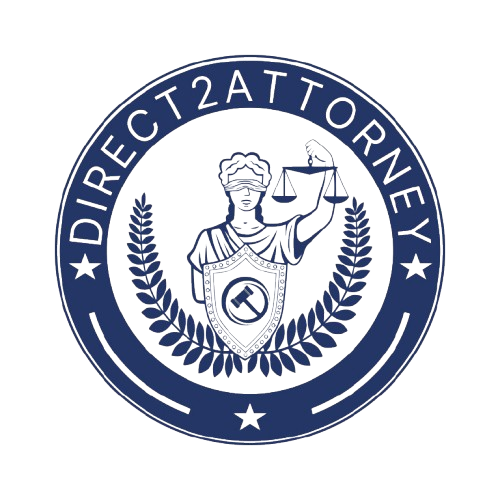
Camp Lejeune Lawsuit
Camp Lejeune Water Contamination Compensation
Over one million people who lived or worked at Camp Lejeune in North Carolina between 1953 and 1987 may have been exposed to harmful, contaminated drinking water. This exposure has been linked to serious health problems like cancer, birth defects, miscarriages, and other illnesses. If you were at Camp Lejeune during this time, you may be eligible to file a lawsuit for compensation.
New legislation allows people who were exposed to the contaminated water at Camp Lejeune to seek compensation for the health problems they’ve suffered. However, there is a limited time to file these claims.
Filing a lawsuit will not affect your VA benefits.
Our experienced attorneys in North Carolina are here to answer your questions and help you determine if you qualify for legal action. For a free consultation, fill out our contact form or call us at (209) 457-9684.
Camp Lejeune Justice Act
For over 30 years, nearly one million military members, civilian workers, and their families at Camp Lejeune were potentially exposed to toxic drinking water. Industrial chemicals, including cancer-causing agents like perchloroethylene (PCE) and trichloroethylene (TCE), were found in the water supply. The contamination was discovered in the 1980s, but the water treatment plant responsible wasn’t closed until 1987.
In 2017, the Department of Veterans Affairs (VA) started offering disability benefits to veterans and their families. However, many felt this wasn’t enough, leading to the Camp Lejeune Justice Act, which allows those affected to file lawsuits for compensation.
This Act is part of a larger bill, signed into law on August 10, 2022, by President Biden. It gives people exposed to Camp Lejeune’s contaminated water the right to file a claim against the U.S. government.
Important Information for Filing a Camp Lejeune Lawsuit
If you or a loved one were exposed to Camp Lejeune water for at least 30 days between August 1, 1953, and December 31, 1987, you might qualify for compensation. This includes veterans, civilian staff, and their families.
- The lawsuit must be filed within two years from the day the Camp Lejeune Justice Act was signed into law (by August 10, 2024).
- Lawsuits must be filed in the Eastern District of North Carolina.
- Filing a lawsuit does not affect your VA benefits, but if you win your claim, you cannot file another one in the future for the same issue.
Health Conditions Linked to Camp Lejeune Water
The VA has identified several health conditions that may be related to the contaminated water at Camp Lejeune, including:
- Bladder cancer
- Breast cancer
- Esophageal cancer
- Kidney cancer
- Lung cancer
- Liver cancer
- Leukemia
- Multiple myeloma
- Non-Hodgkin’s lymphoma
- Parkinson’s disease
- Female infertility
- Miscarriages
- Aplastic anemia and related conditions
- Neurobehavioral issues
- Renal toxicity
- Scleroderma
If you or a loved one has one of these conditions and were exposed to the water at Camp Lejeune, you might have a case. Contact us to speak to an attorney and learn more about your options.
Frequently Asked Questions
Will I lose my VA benefits if I sue the government?
No. The new law states that filing a lawsuit will not impact your current VA benefits. However, if you win compensation from your lawsuit, it may offset the amount of VA benefits you receive for Camp Lejeune-related conditions.
Do I need an attorney to file a claim?
While you don’t need an attorney to file an administrative claim, having one can help ensure you get the compensation you deserve. Our legal team can guide you through the process and make sure you are well-represented from start to finish.
